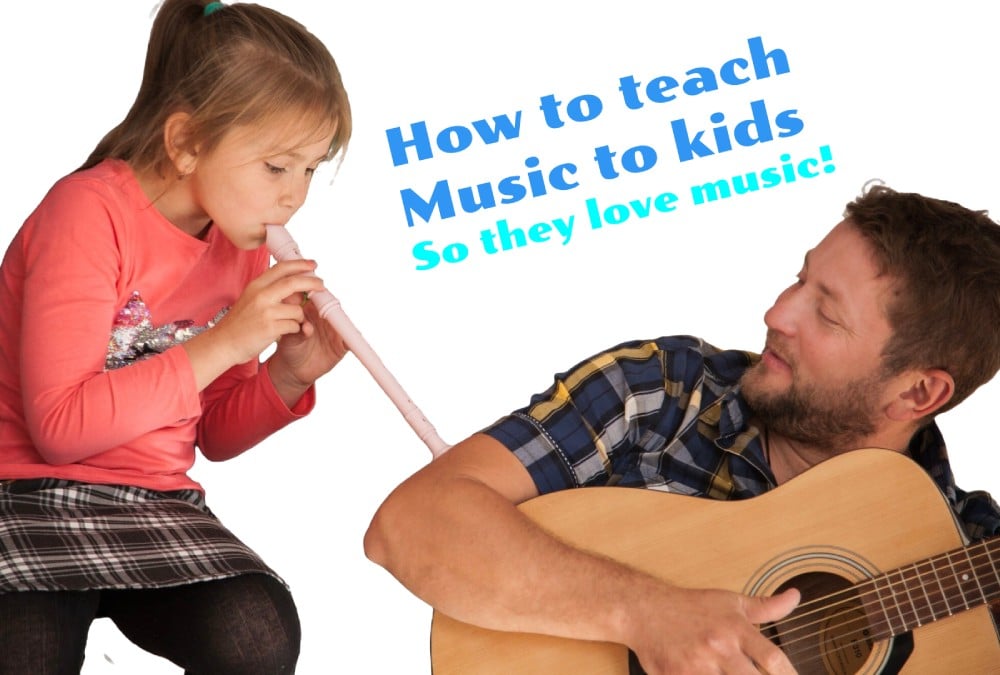This is a speech I gave about my father and I’s journey from a fixed to a growth mindset in music.
1: Find a great teacher
I believe it’s worth investing in a “great teacher.” No one can help you experience what the growth mindset looks and feels like better than a great teacher. Once you experience the transformations that come with practising the “right things,” those results will really show you that it’s knowledge and process that create greatness, not simply talent. You might be wondering, well how the hell do I find a great teacher? Or how do I choose among the plethora of teachers that are out there? In my case, youtube suggested a video by Drumeo called the Truth about Hand Technique by Bruce Becker. Bruce has taught many world renowned drummers such as David Garibaldi (Tower of Power) and Mark Schulman (Pink). Often great teachers leave a trail of amazing students, so that is one way to find them. You can also do as much research as you can before choosing your teacher. Watch authoritative Youtube channels and blogs about your instrument. Do Google searches. Identify, the fundamental building blocks of your instrument and find teachers that promise to develop those building blocks.
2: Create your fixed mindset persona
In Carol Dweck’s book Mindset, she recommends giving a name to your fixed mindset persona. We are all a big mix of fixed and growth mindset and so the key is to identify the parts of ourself that are still in the fixed mindset and shift into the growth mindset. Giving a name to those fixed mindset thought patterns helps us to see them for what they are… simply thought patterns. In my case, I called my fixed mindset persona “Lijey.” Lijey was the nickname I was given when I was kid. Lijey believes that things should be easy for him and he shouldn’t have to work for them. When he isn’t immediately good at something, he thinks they are stupid and doesn’t like them. Lijey also doesn’t take rejection well. He never asks girls out in fear of rejection. Lijey thinks that if a girl doesn’t immediately see that he’s amazing, why bother. Lijey wants everyone to think that he is talented and amazing when he plays music, and avoids situation that are risky in fear that he sounds bad and people don’t think highly of him. Lijey’s value as a person is tied to what things immediately look and sound like rather than what they can become. It’s important to identify the situations and triggers that bring out your fixed mindset persona. Ask yourself, what situations and events are most likely to bring out that side of me? Once you’ve identified them, you will be able to bring more awareness to those situations. Admittedly, it’s very hard to avoid the emotions that the fixed mindset engenders, however with more awareness of our triggers we can learn to disengage from those thought patterns and identify with them less and less. Once we learn to shift ourselves into the growth mindset, we are humbled and steered into the process rather than the immediate results of the situation.
3: Work on improving everyday through deliberate practise
Like the name implies, the growth mindset is about growth. Deliberate practise is the key to growth. Once you understand and believe that you can work your “shortcomings” carve out a time each day to work on improving them. For ex. I have a weak left hand when it comes to drumming. My backbeats aren’t powerful or consistent. This is an area that I have been working on. When I practise, I work on getting into a mindset where I believe that day by day I can improve on this. I make sure to be present and make micro-adjustments as I practise. If I am spaced out in my practise, I know that I am not effective. A great book that I recommend on the subject is Peak by Anders Ericsson. Through a lifetime of research on the worlds master performers in multiple fields, Ericsson breaks down all the ways that you can learn to become great at whatever it is you choose.
4: Feedback is key
Video tape yourself and ask the “right people” for feedback. Make a habit of video taping yourself when you play. The reason being that it’s very difficult to see yourself objectively when you practise or perform. A good teacher can of course be that objective voice, but you only see them once a week at most. Imagine if you can watch yourself everyday. For example, you might notice that you arm does this weird movement every-time you play, or that your drumstick isn’t moving in a straight line. With feedback, you can objectively tell yourself “ok I am aware of this, now I can work on it.” Setup a mirror in our practise room or develop the habit of video taping or recording yourself so you can become that objective outsider yourself.
5: Learn kindness, humility and confidence
This may seem unrelated, but I believe that the qualities of kindness, humility and confidence become the mirror that allows us to identify the characteristics of the growth mindset. Kindness implies caring for others and empathizing with them. It means seeing yourself as an equal and recognizing that everyone has the seed of greatness within them. The fixed mindset, like your ego, tries to separate yourself from others, to be superior or inferior. The growth mindset recognizes that we are fundamentally equal. We are humbled by the process, because we learn that it truly takes a lifetime to become a master and we gain confidence because as we steadily progress we become more confident in ourselves.
Elijah is a university-educated drummer with extensive experience for both teaching and musical performance. Since completing his Bachelor of Music degree at Concordia University in 2010, he has played music across each province in Canada and in more than 20 countries around the world.





You actually make it appear really easy along with your presentation however I in finding this topic to be really one thing that I feel I’d never understand. It kind of feels too complex and extremely vast for me. I’m taking a look forward on your next put up, I’ll try to get the grasp of it!
Hi! Thanks for your feedback. I admit, these concepts can be a little difficult to grasp at first. All these lessons took me years to integrate and required a lot of reading, including Carol Dweck’s Mindset and Anders Ericssons’s Peak, which I would recommend to you. May I ask, in which area you are having difficulty applying and understanding these things?
of course
Pingback: golden goose
Pingback: supreme